The Trouble With Writing About Family
 Let us take a tiny moment from our otherwise busy day to think how difficult it must be to be related to a writer.
Let us take a tiny moment from our otherwise busy day to think how difficult it must be to be related to a writer.
We are not easy people, after all. Many of us are perhaps a bit moody, tense and insecure, and possibly have a slight tendency to scribble dialogue or check our Amazon numbers during moments other people might consider Sacred Relationship Time—but I’m afraid it’s even worse than that.
Sometimes that dialogue we’re writing during Sacred Relationship Time is what is right then being said to us, and—sigh—sometimes it’s going to show up in our book.
I know, I know. Fiction is fiction, and we are perfectly capable of making stuff up and writing novels and short stories that have nothing to do with our real lives. We can portray characters whose circumstances do not mirror anything we’ve ever lived through.
But. That being said, sometimes we draw on people we’ve known. We have to. And sometimes they don’t come off the way they might have hoped. As Anne Lamott put it, “You own everything that happened to you. Tell your stories. If people wanted you to write warmly about them, they should have behaved better.”
I teach writing workshops, and the students I teach are always saying things like, “I really, really want to write a novel about the day that Great Aunt Lillian left her kids and ran off with the Fuller Brush salesman—but I can’t until Lillian and the Fuller Brush salesman are dead, and probably my parents and the neighbors and all my cousins will have to be dead too.”
No, no, no, I say. You must write the material that comes to you. To turn away stories is dangerous. They may go off and tell the other stories floating around out there that you’re not receptive, and—well, who knows what could happen? You may never find a subject you can write about!
I say: Write the stories you are meant to tell. I think you can get to the emotional truth of Great Aunt Lillian’s amazing adventure without losing your place at the Thanksgiving table. Change a few details. It’s astonishing how even changing something as mundane as hair color can render people incapable of recognizing themselves.
I’m not even kidding. If you change Aunt Lillian’s age, hair color and the number of children she left, and then give the Fuller Brush salesman something else besides brushes to sell, trust me: you are probably going to be in the clear.
I wrote a book that featured a mother who was, let’s say, not the best mom on the planet. She was a bit of a narcissist and had some issues with boundaries and multiple marriages. I decided to start writing it the night my own mother called and announced she was getting married to a man she had known for two weeks, and suggested that I was kind of a stick for thinking that might be a tad risky. “If you took more risks, your life would be a lot more wonderful,” she said to me. I was divorced and struggling, and my two little children were asleep in the next room.
I got out my IBM Selectric and started typing.
When years later, I finished the novel, my mother said, “Wow, this book reminds me so much of your grandmother! You really nailed it!”
When I tell my students that, they laugh. They think that would never happen that way with their stories.
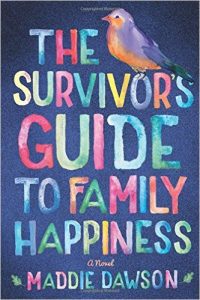 Sadly, I see them file away the stories they want to tell, hoarding them like they’re precious silver that can’t be shared, and frankly, depriving the world of the beauty of their words. Life is so rich and varied, and people so wired for stories that I say we have to share the things that have happened to us. It’s almost our duty, as writers, to tell the emotional truths of our lives. Those real details are what resonate with other people. Otherwise, novels would simply be about cardboard people and fake situations.
Sadly, I see them file away the stories they want to tell, hoarding them like they’re precious silver that can’t be shared, and frankly, depriving the world of the beauty of their words. Life is so rich and varied, and people so wired for stories that I say we have to share the things that have happened to us. It’s almost our duty, as writers, to tell the emotional truths of our lives. Those real details are what resonate with other people. Otherwise, novels would simply be about cardboard people and fake situations.
But just for the sake of argument, let’s just think for a moment about the worst that could happen if people do recognize themselves in your stories. Mostly—unless you are out for revenge, which I do not recommend because it doesn’t make the most attractive story line—mostly people will not mind. They might even like it. You’re giving some attention to their lives—particularly if you’re treating them as three-dimensional characters who have a sympathetic viewpoint.
My dental hygienist told me once that her brother had a girlfriend in high school who grew up to be a famous writer. (Trust me, you would have heard of her.) The relationship did not end well, and now that writer kills off my hygienist’s brother in every single one of her many, many books. The hygienist says it’s actually fun for the family to see which character he’s going to be in each book and to watch how artfully he will be dispatched.
I say: Don’t be afraid. Writing is not for the faint of heart, and not everyone is going to be thrilled with your work. Art can be scary and messy and yet it’s still worth doing. The bottom line is that your stories belong to you. You get to write them. It’s what you do and it’s who you are.
—
Three women, three lives, and one chance to become a family…whether they want to or not.
Newly orphaned, recently divorced, and semiadrift, Nina Popkin is on a search for her birth mother. She’s spent her life looking into strangers’ faces, fantasizing they’re related to her, and now, at thirty-five, she’s ready for answers.
Meanwhile, the last thing Lindy McIntyre wants is someone like Nina bursting into her life, announcing that they’re sisters and campaigning to track down their mother. She’s too busy with her successful salon, three children, beautiful home, and…oh yes, some pesky little anxiety attacks.
But Nina is determined to reassemble her birth family. Her search turns up Phoebe Mullen, a guarded, hard-talking woman convinced she has nothing to offer. Gradually sharing stories and secrets, the three women make for a messy, unpredictable family that looks nothing like Nina pictured…but may be exactly what she needs. Nina’s moving, ridiculous, tragic, and transcendent journey becomes a love story proving that real family has nothing to do with DNA.
Buy The Survivor’s Guide to Family Happiness HERE
Category: Contemporary Women Writers, How To and Tips




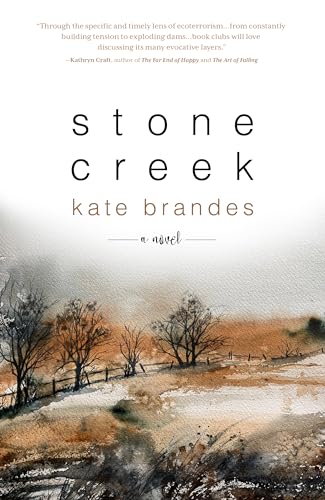
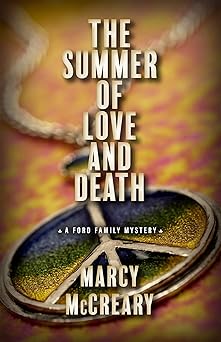
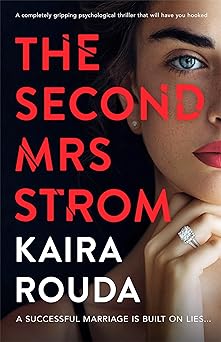
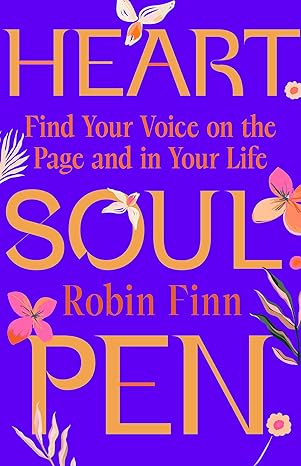
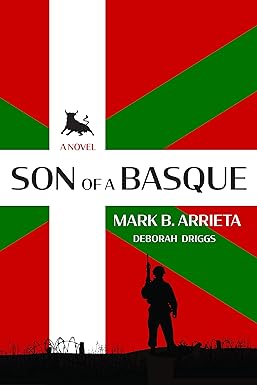
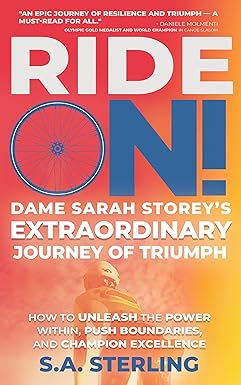

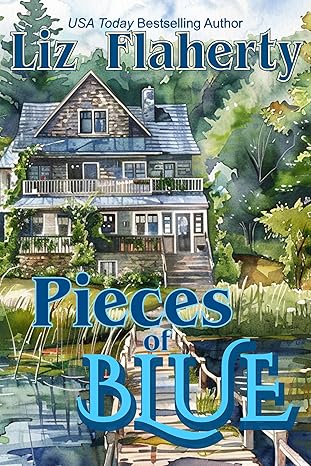
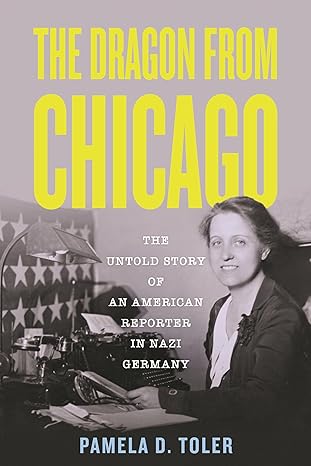
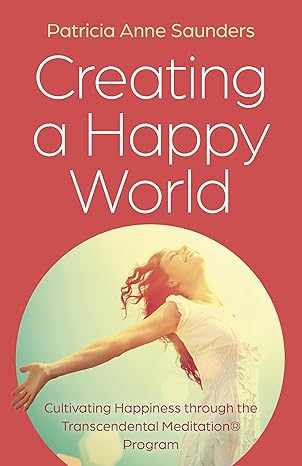
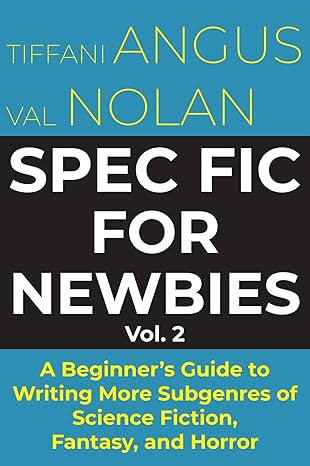
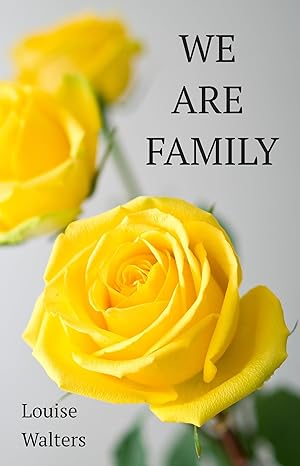
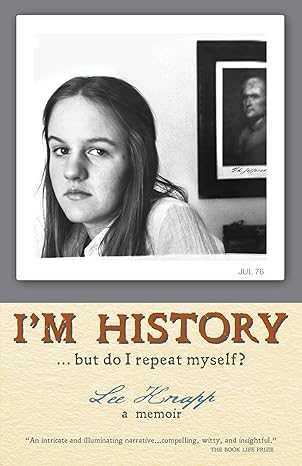
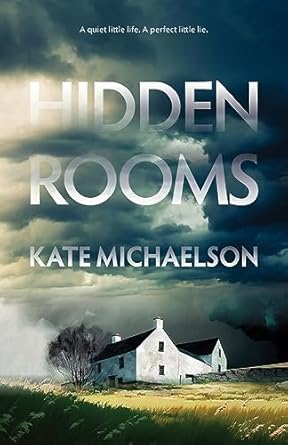
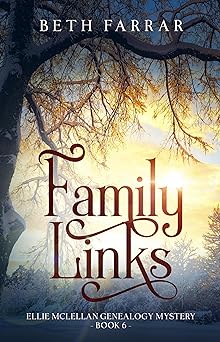
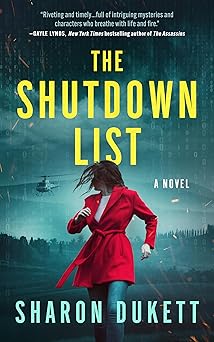
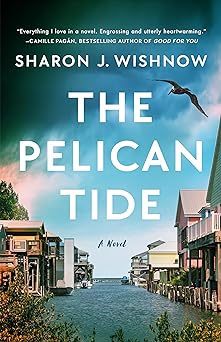

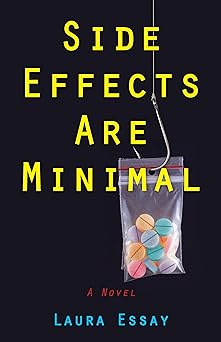
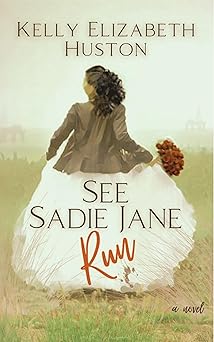
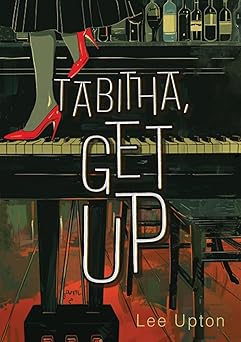
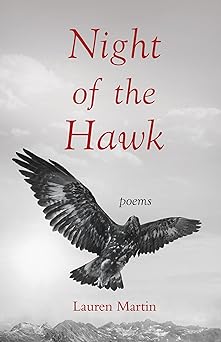
I disagree. It’s not so hard to be related to a writer if you are, typically, enmeshed with your own world, don’t really care about whether sis or mom write a bestseller or tell-all. She’s happy; she’ll leave us alone. She’s come to Thanksgiving dinner with the rolls and not feel obliged to talk about: her boss; her output; her flashy new Saab. @LatelaMary